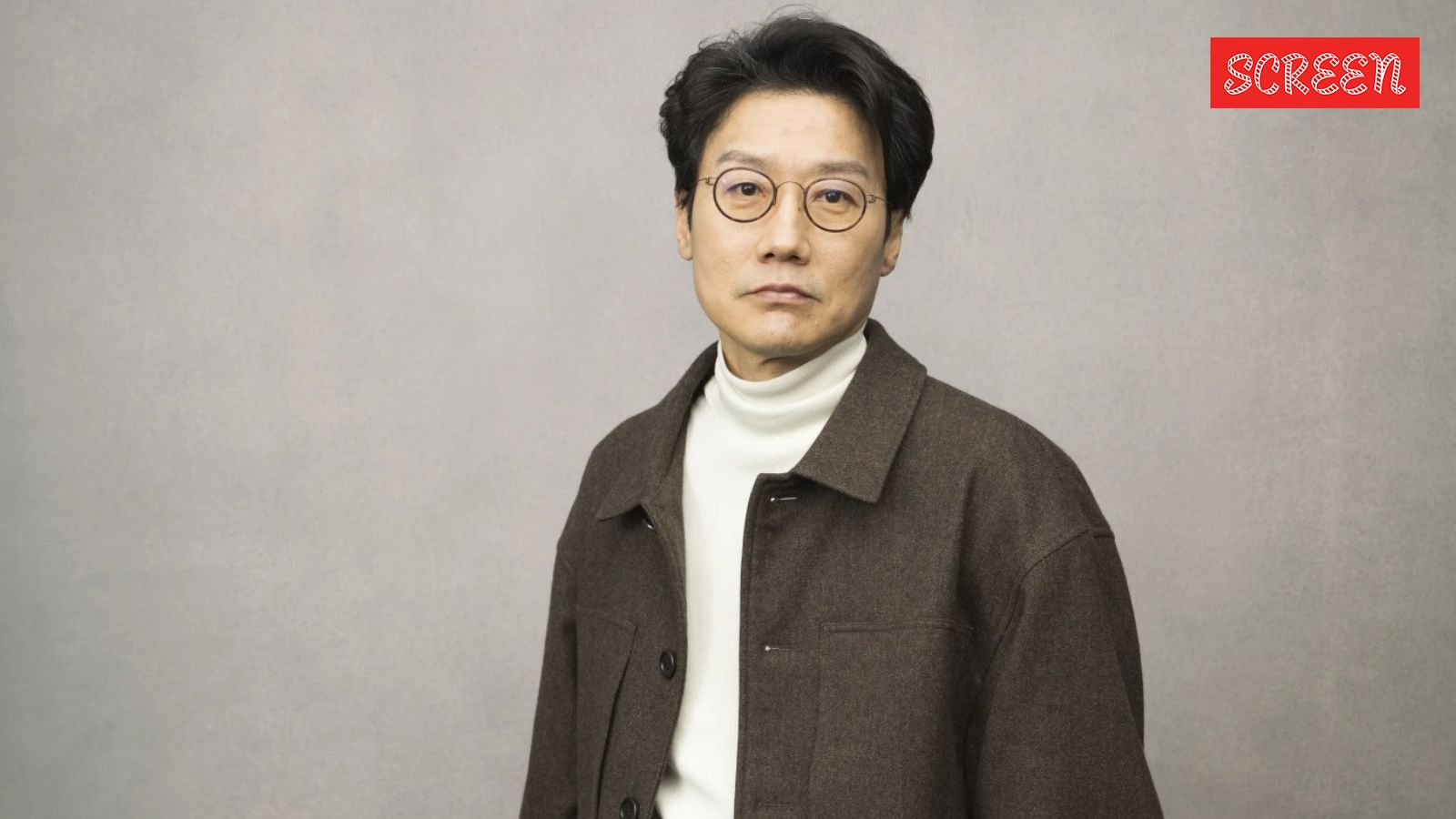 |
|
Hwang Dong-hyuk, the creative mind behind the globally acclaimed Netflix series Squid Game, offers a fascinating perspective on the show's violent narrative and its impact. While viewers may experience a range of intense emotions – gasp, cringe, or cry – witnessing the onscreen deaths of his characters, Hwang himself reveals a surprising reaction: happiness. This seemingly contradictory sentiment stems not from a lack of empathy, but rather from a directorial standpoint. The sheer scale of managing a large ensemble cast presented significant logistical challenges, and each character's demise simplified the production process. He poignantly recalls the bittersweet goodbyes exchanged with actors on their final day, outwardly expressing sadness while privately celebrating the streamlining of the production workflow. This behind-the-scenes insight underscores the complex interplay between creative vision and the practical realities of filmmaking.
The success of Squid Game has far exceeded Hwang's expectations. Initially conceived 15 years ago as a two-hour film, the project struggled to gain traction. Financiers and actors alike failed to recognize its potential, forcing Hwang to shelve the idea. However, he didn't abandon the concept entirely. Instead, he adapted and reimagined it as a multi-episode television series, a format that ultimately proved ideal for showcasing the complex storyline and diverse ensemble of characters. This pivot to Netflix provided the necessary platform for the show's remarkable global reach, transforming it from a rejected film script into a cultural phenomenon. This experience underscores the invaluable lesson that creative endeavors, even when initially unsuccessful, can find success with time and adaptation, reiterating the importance of perseverance and strategic refinement.
Looking ahead, Hwang has completed filming for Squid Game season three, confirming its superior quality compared to the already released season two. His future plans involve a feature-length film set 10-20 years in the future, hinting at a departure from the high-stakes survival game format. This new project promises a darker and more emotionally challenging narrative, though it will retain some of the quirky humor that defines his work. He describes the film as a blend of cruelty, sadness, yet surprisingly, also with moments of quirky humor. This demonstrates his versatility as a storyteller, showcasing his ability to venture beyond established genres and explore different emotional landscapes. The details remain under wraps, but the promise of a darker, more complex narrative indicates a continued evolution in Hwang's storytelling approach.
Hwang’s eclectic tastes in television and film demonstrate a broad appreciation for diverse genres. His viewing habits range from hard news channels like CNN and Fox News to nature documentaries and Korean soap operas. This broad spectrum of interests highlights his willingness to explore different storytelling styles and narrative structures. While he appreciates the artistic merit of various shows, he readily admits his inability to commit to long series, except for standouts like Breaking Bad and Why Women Kill. This self-awareness about his preferences, demonstrates his understanding of audience engagement and the varied approaches required to keep viewers invested in a story.
The possibility of Hwang directing a US production or collaborating with Hollywood actors remains open. Having studied at the University of Southern California, he harbors a desire to work with American talent. He has received offers since the success of Squid Game, yet he currently prefers the comfort and synergy of working within the Korean film industry. He believes his strengths lie in directing Korean actors and employing the Korean language in the creative process. However, a compelling script could change his mind, and he names Jake Gyllenhaal as an actor he would particularly enjoy working with. This openness to new collaborations while emphasizing his preference for the familiar demonstrates a pragmatic approach to creative opportunities.
The expansion of the Squid Game cast in seasons two and three reflects a nuanced observation of contemporary society. Hwang acknowledges that the initial premise – middle-aged individuals burdened by debt – needed to evolve to reflect the changing economic realities facing younger generations. He attributes this shift to the growing prevalence of precarious employment opportunities and the increasing appeal of get-rich-quick schemes, such as cryptocurrency investments and online gambling. This demonstrates his commitment to creating narratives that resonate with contemporary societal issues, and further indicates his desire to remain socially relevant by portraying the struggles of individuals within the current economic climate. This is illustrated in his inclusion of more younger characters in the later seasons, reflecting a shift in the type of people now driven to desperate measures due to economic hardship.
Source: Hwang Dong-hyuk on killing off his Squid Game characters: ‘I was always smiling inside’
